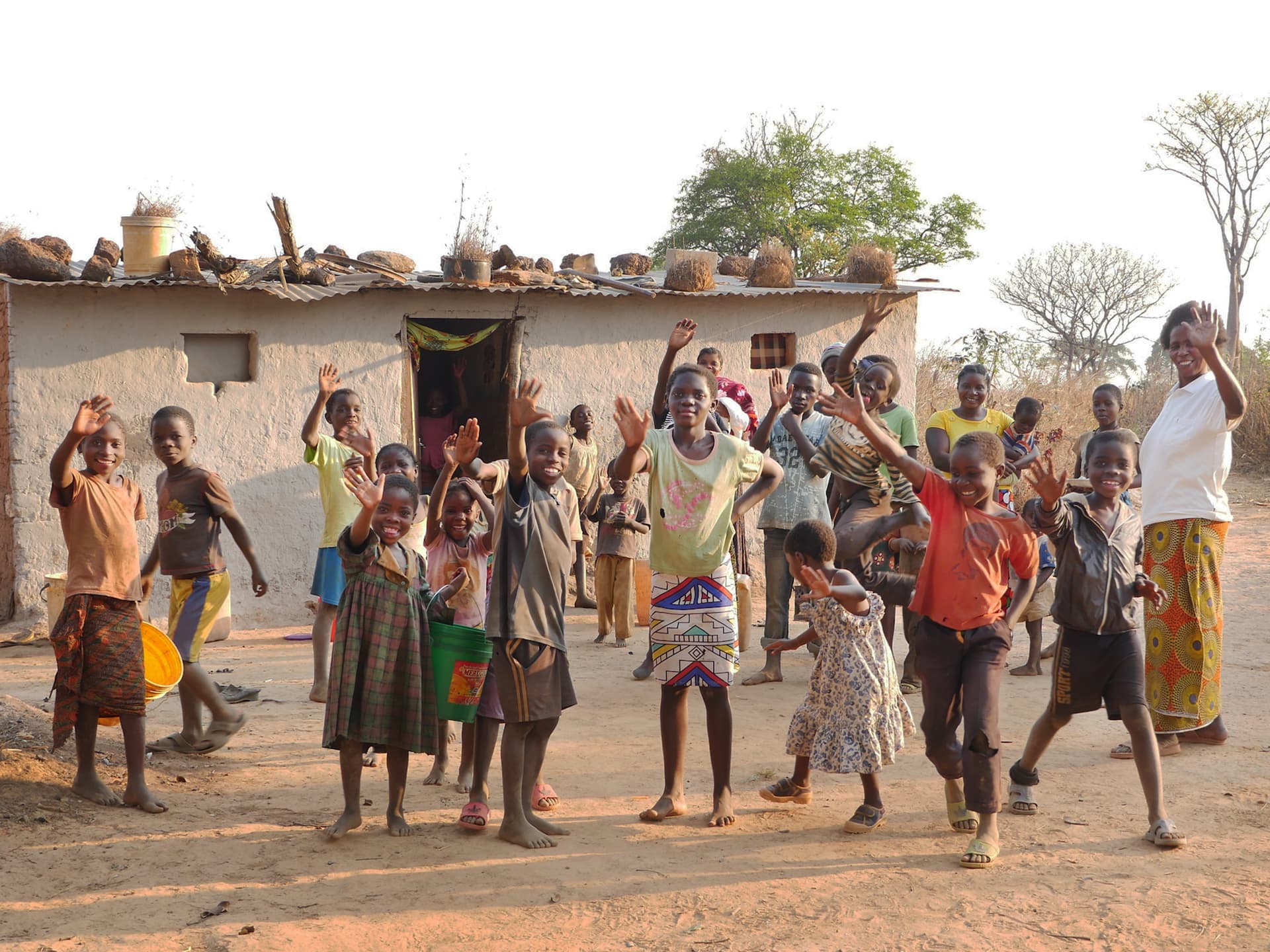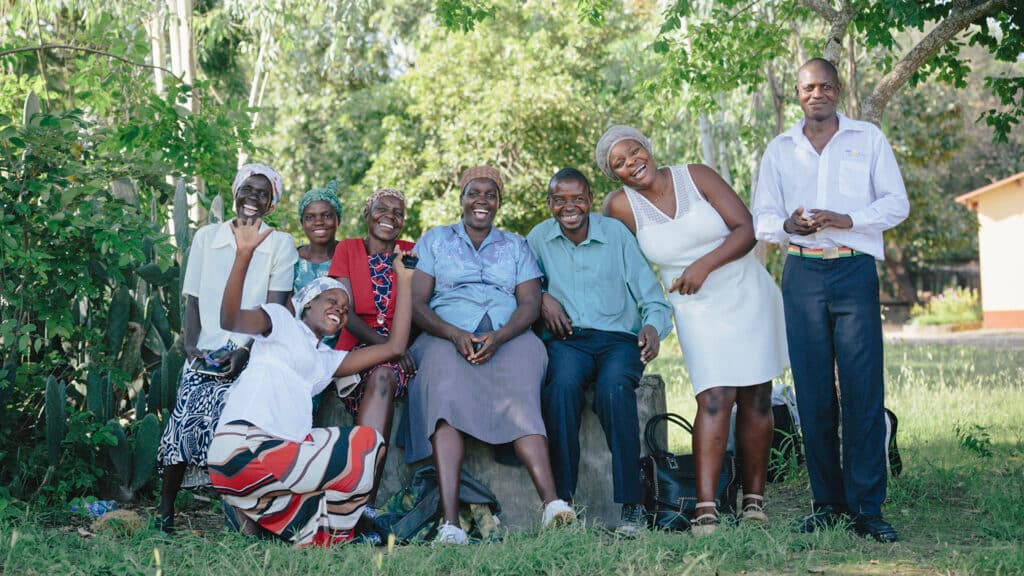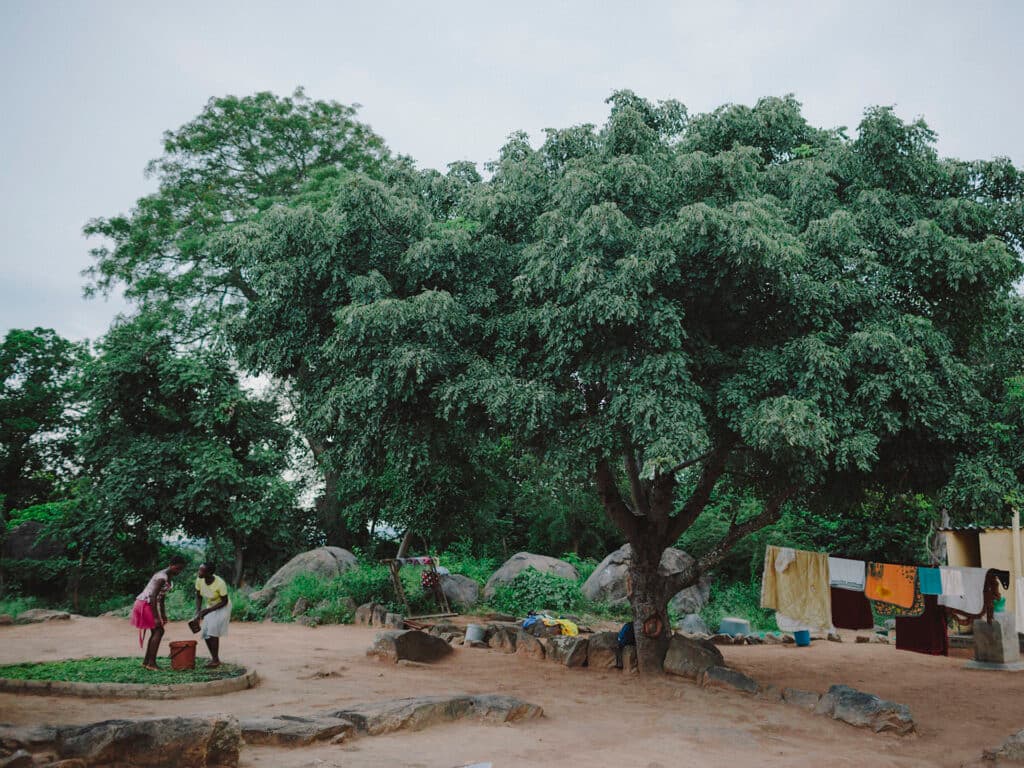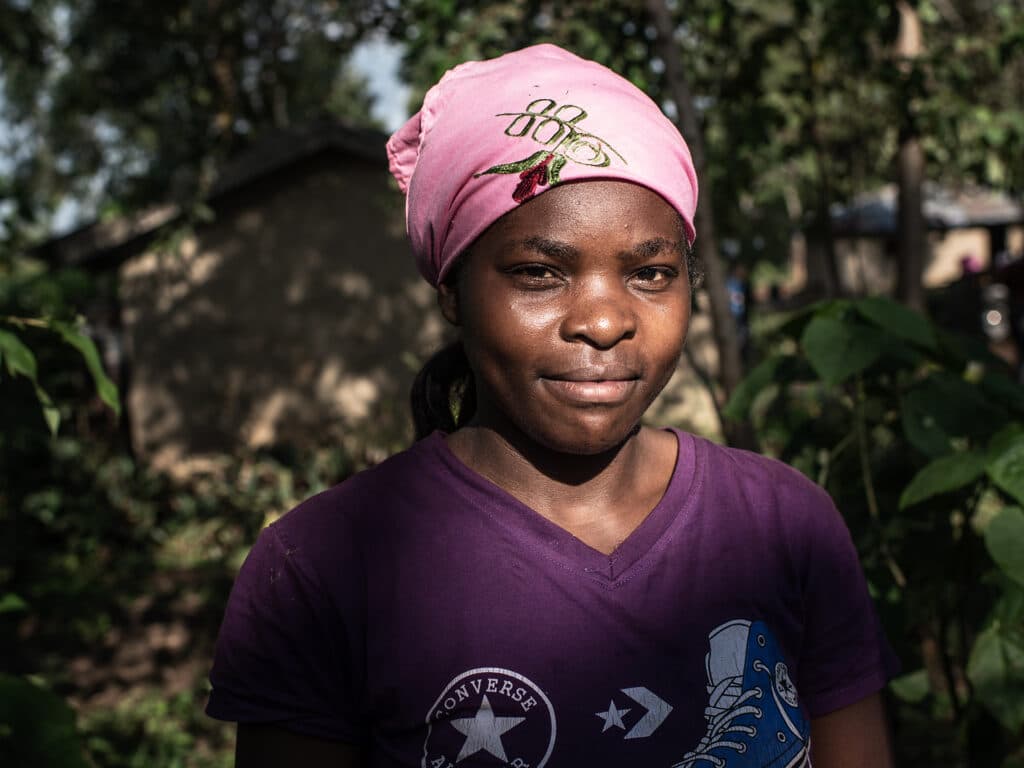
Zambia
Diakonia has been working in Zambia since 2003, focusing on human rights, democracy, gender equality, social and economic justice, and conflict and justice. With support from the Embassy of Sweden in Lusaka, Diakonia is currently implementing the Strengthened Accountability Programme aimed at enhancing collaboration between local state authorities, the private sector and communities.
Zambia has a long history of economic crisis, beginning with the oil crisis in the mid-1970s and coupled with the fall in copper prices. In the beginning of 2000, Zambia experienced a period of strong economic growth due to the demand for its natural resource: copper. However, since 2014, demand has fallen and the country is once again experiencing hard economic times.
The effects of the struggling economy have hit parts of the population hard. Out of roughly 14 million inhabitants, more than 60 percent still live on less than two US dollars a day. Poverty is especially widespread in the countryside, with women and young people among the most heavily affected. Women have a low status in society and are excluded from leadership positions in government and in the economic sector. Zambia is currently trying to diversify its sources of income by developing its agriculture and tourism.
Human rights in focus
Zambia enacted an amended constitution in January 2016, when the president signed the Constitution Amendment Bill. This is a major achievement for a country that has been engaged in a constitution-drafting process for the last 20 years. The amended constitution provides for inclusion of social, economic and cultural rights in the Bill of Rights, but the next step of the process is uncertain, creating an unstable situation.
Diakonia supported the establishment of the Civil Society Constitution Coalition in 2012, a group of civil society organizations that provided education to the public on the constitution-drafting process and maintained a dialogue with the government.
Diakonia’s work makes a difference
Zambia has been in the process of preparing its Constitution for the last 17 years. In 2011, a technical committee was constituted by the President to develop the constitution through a nationwide consultative process.
Diakonia, through our partner organization the Jesuit Centre for Theological Reflection (JCTR), supported the setting up of the Civil Society Constitution Coalition to enable civil society organizations and ordinary citizens to participate at various levels. This saw the inclusion of social, economical and cultural rights in the Bill of Rights in its first draft, published in April, 2012.
The Constitution making process is ongoing, and there are serious doubts if a new constitution will be delivered according to earlier agreed time.
Achievements
During the time Diakonia has been active in Zambia, our cooperation with our partner organizations has garnered several results:
- Increased social and economic equality among rural communities in Zambia.
- Increased demand for and realisation of human rights by rural rights holders.
- Strengthened civil society organizations with enhanced capacity to deliver their organizational objectives.
For more information
Geoffrey Chongo, Country Director Zambia
E-mail: geoffrey.chongo@diakonia.se
Phone: +260977281115


